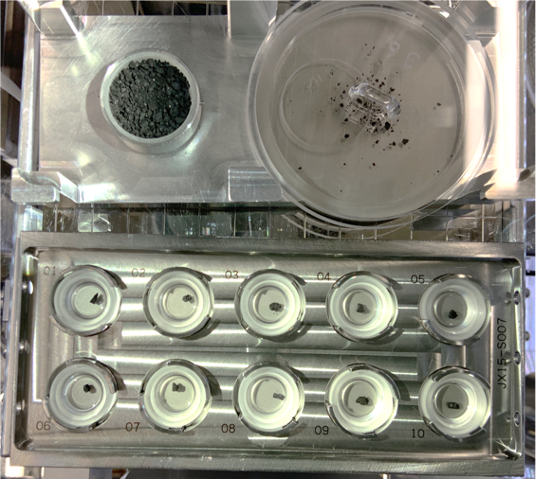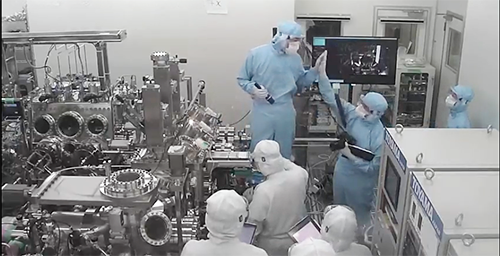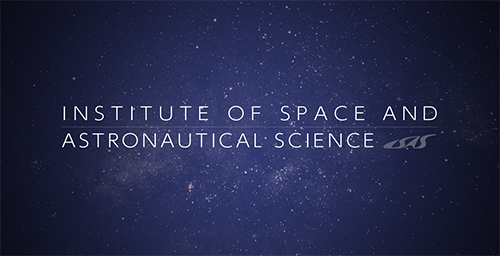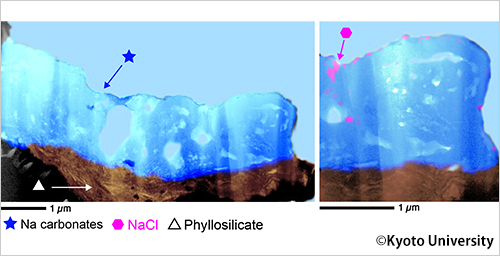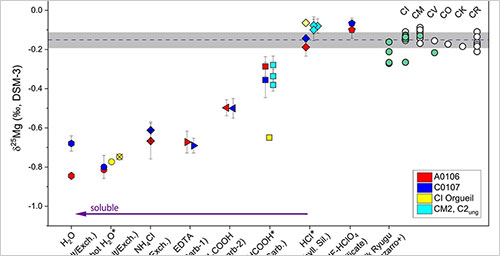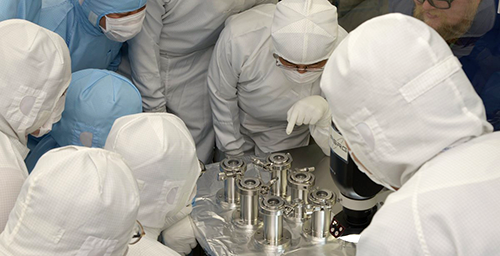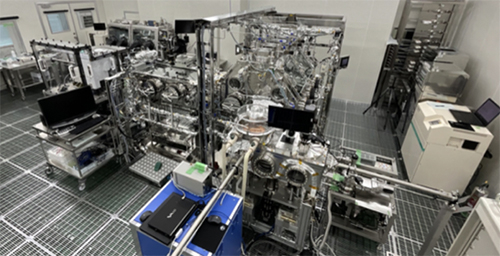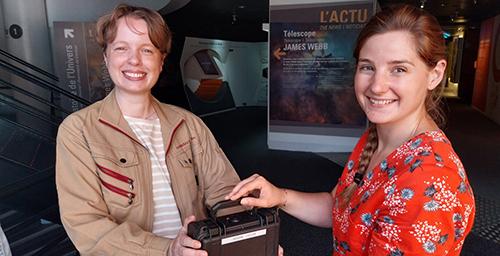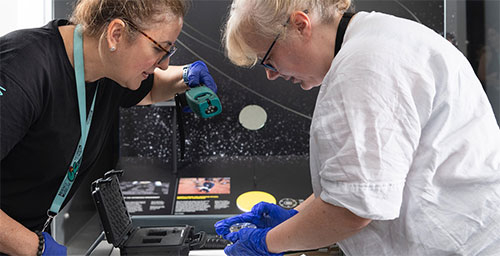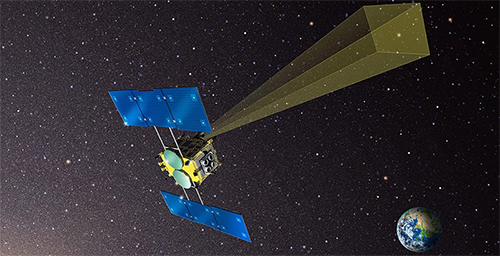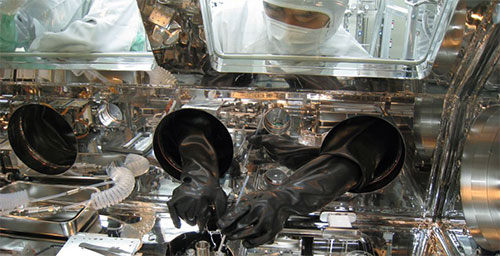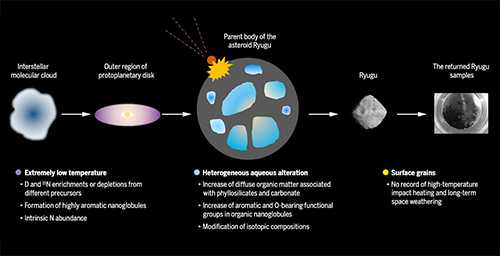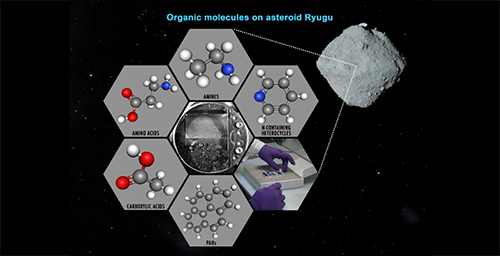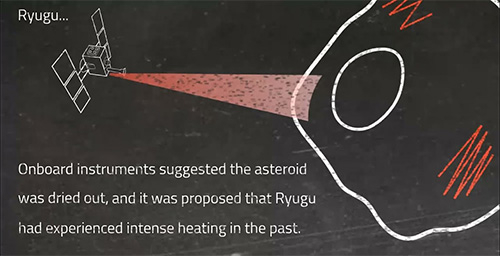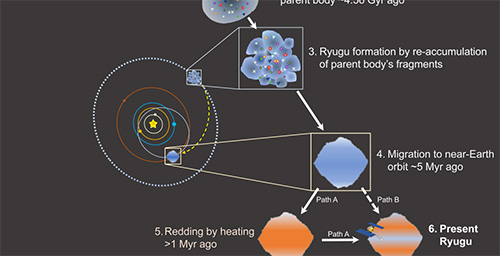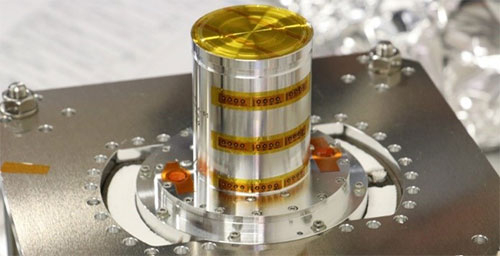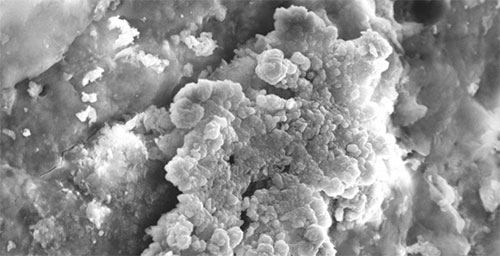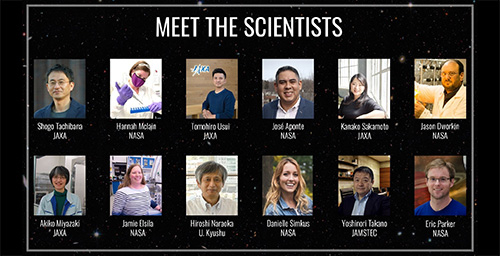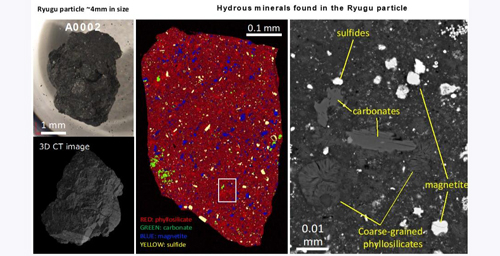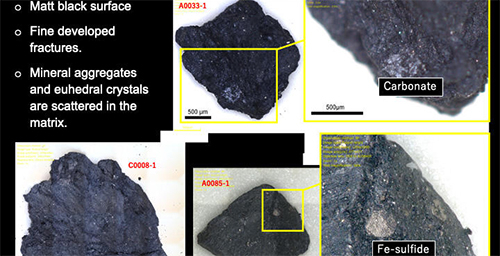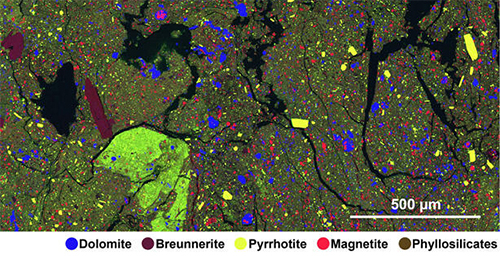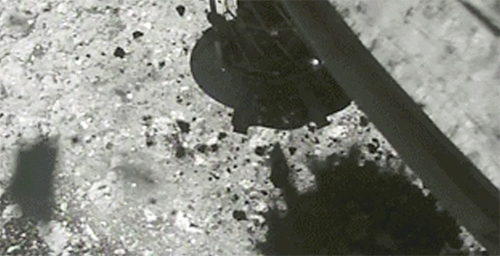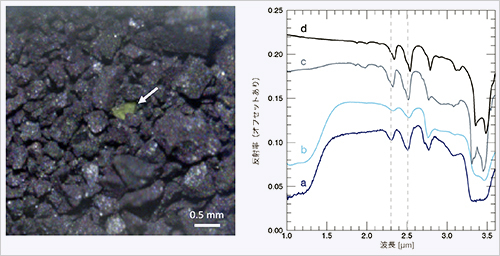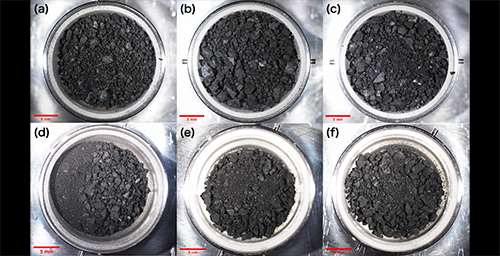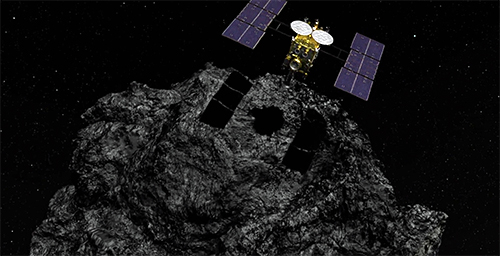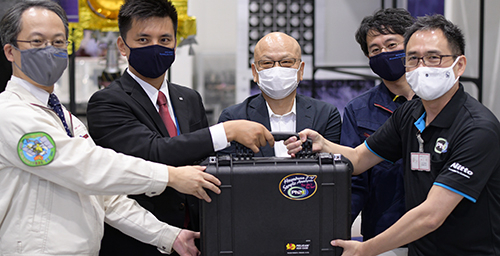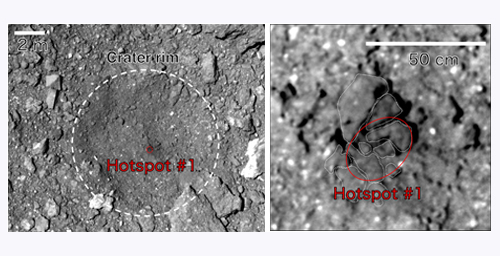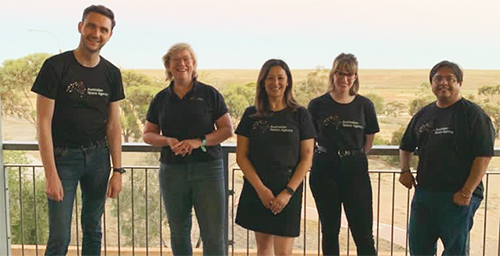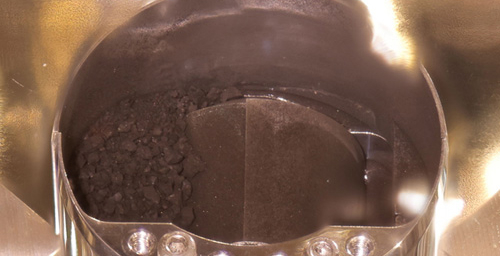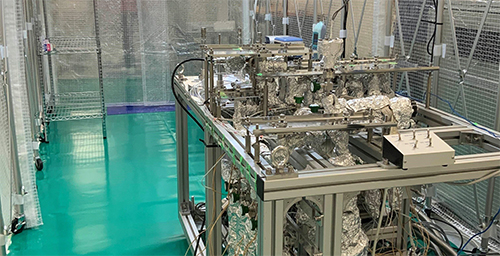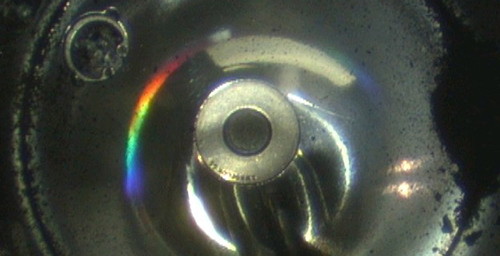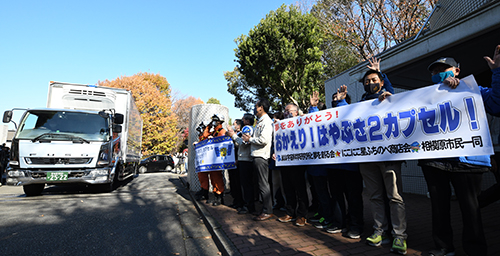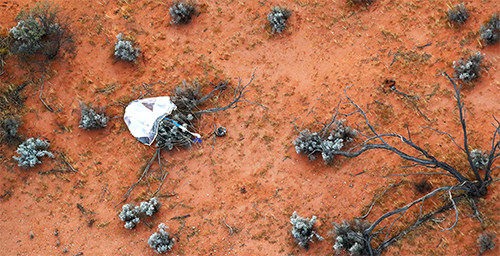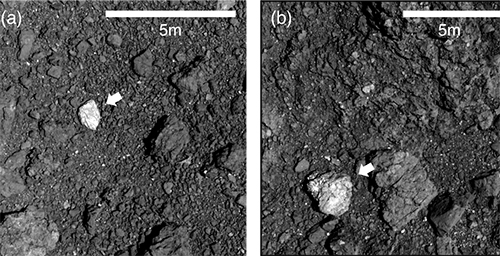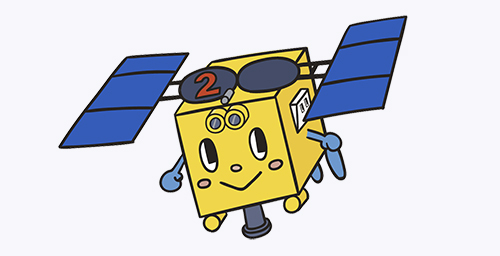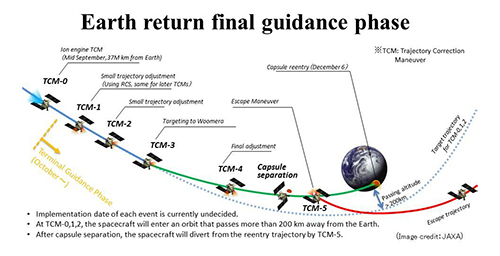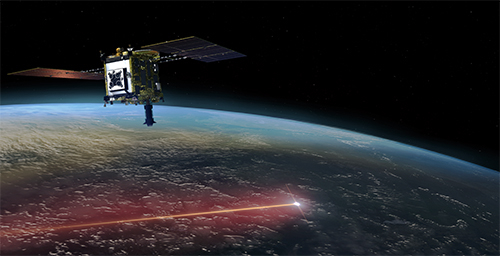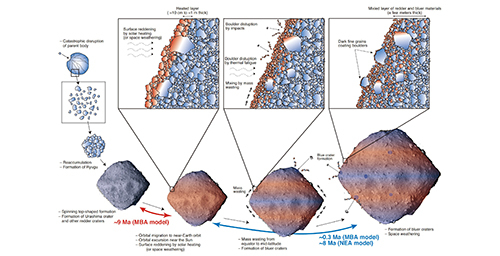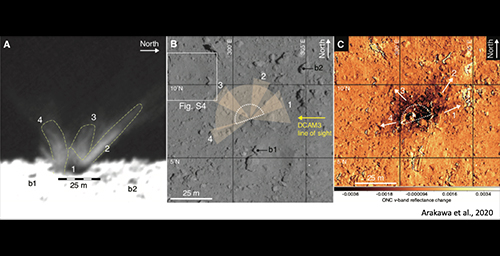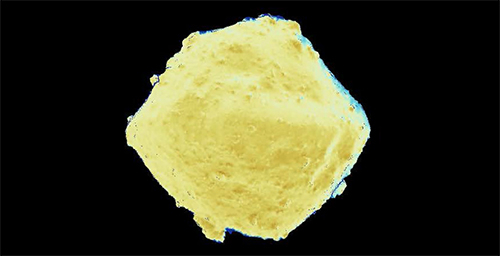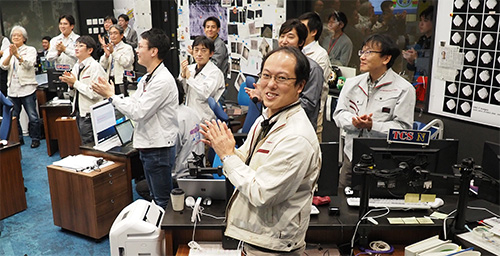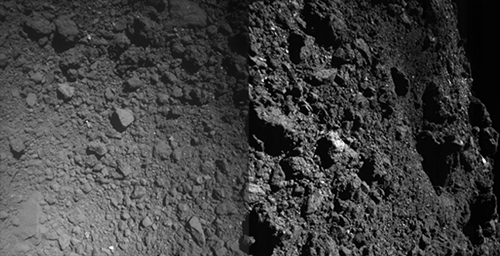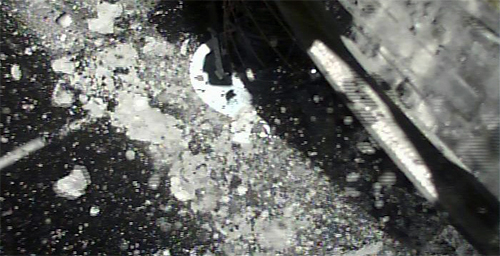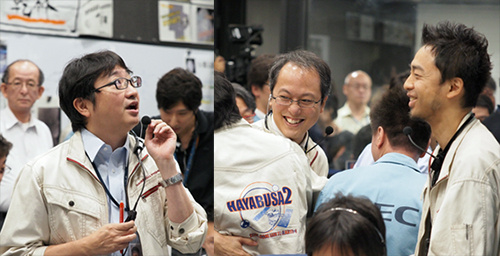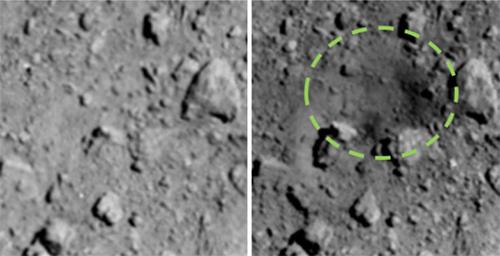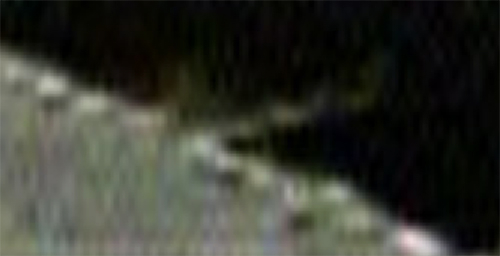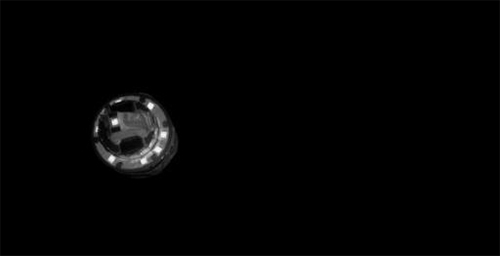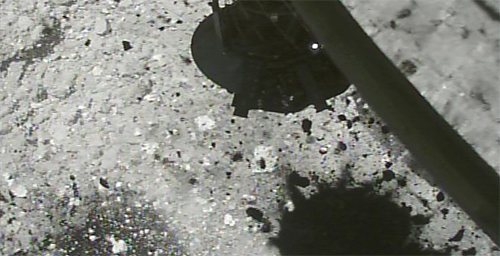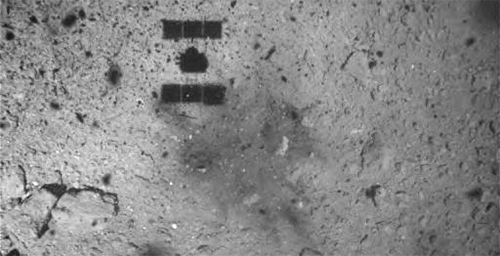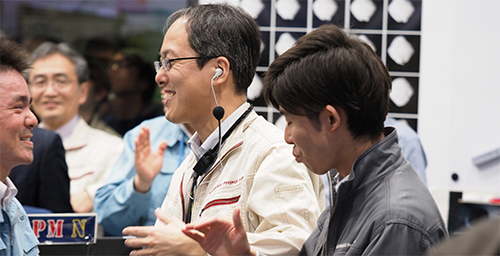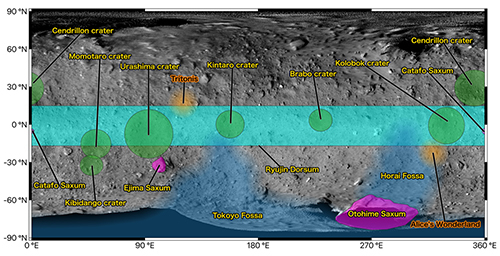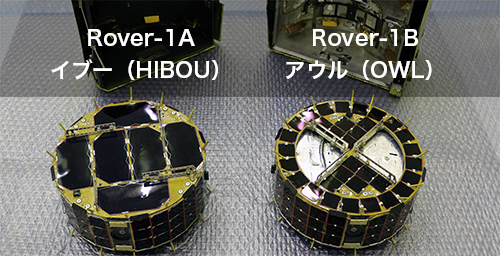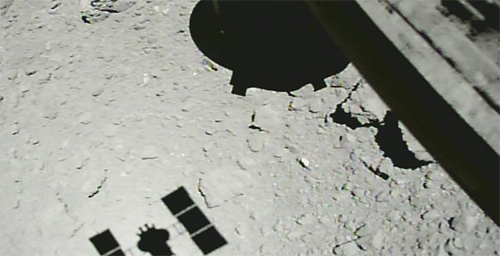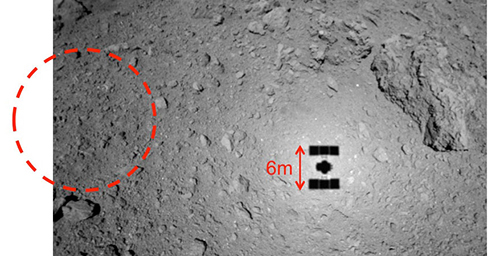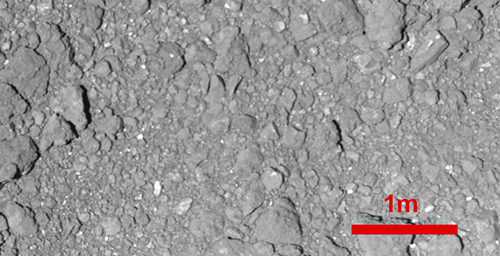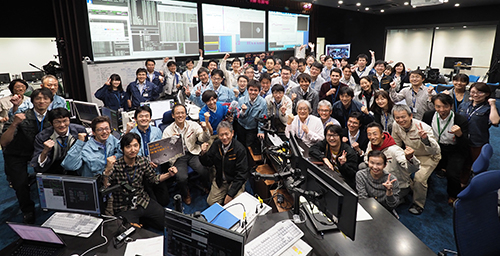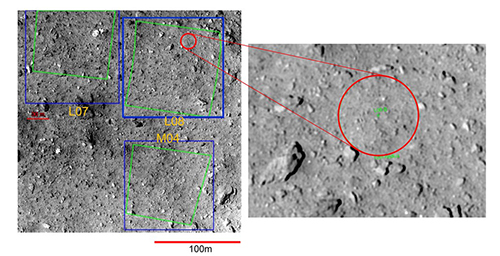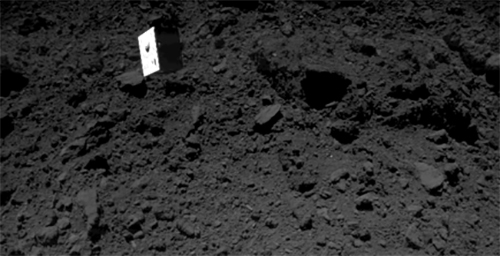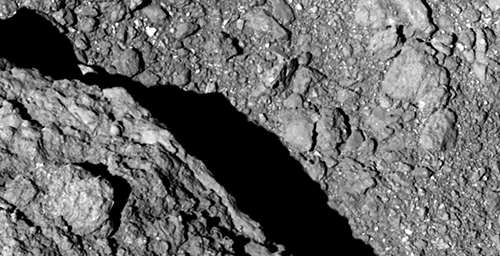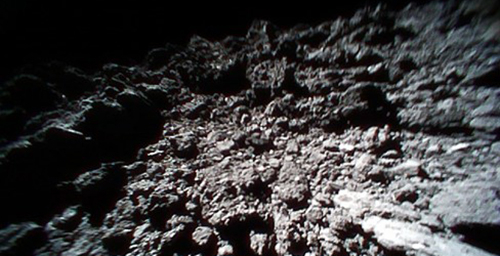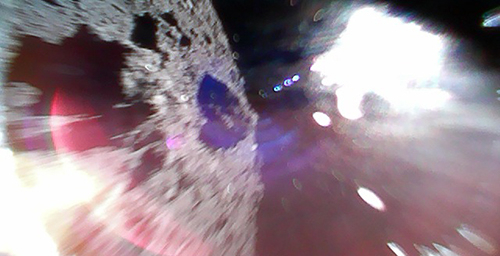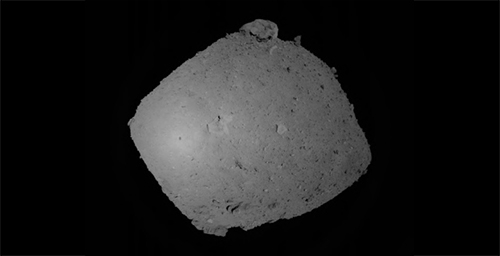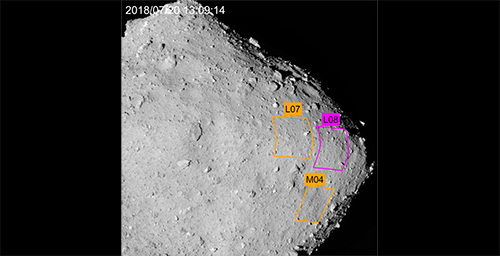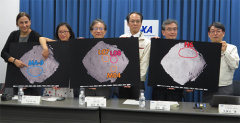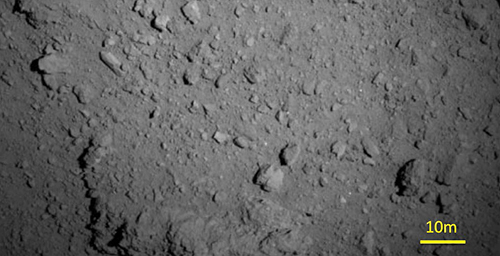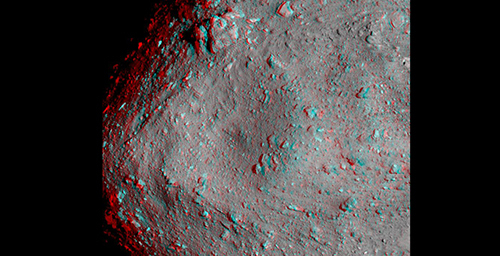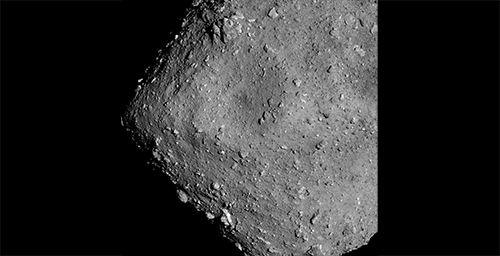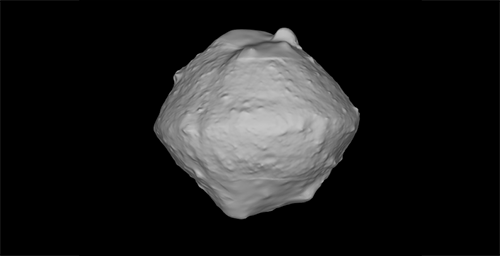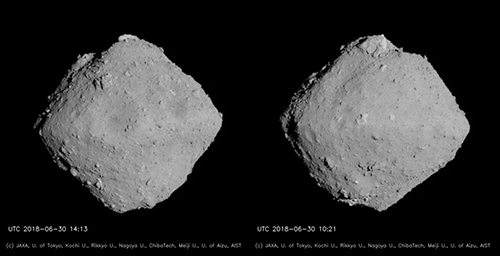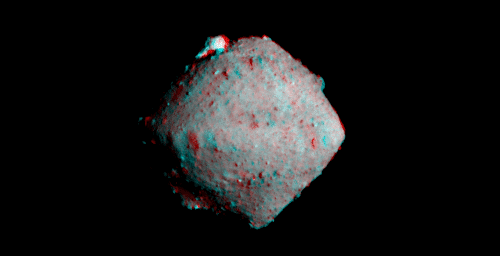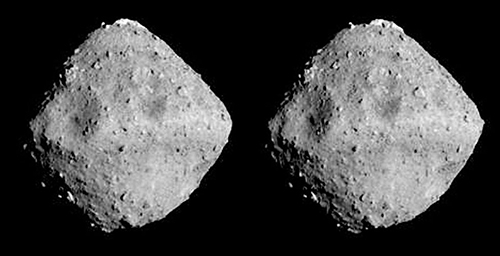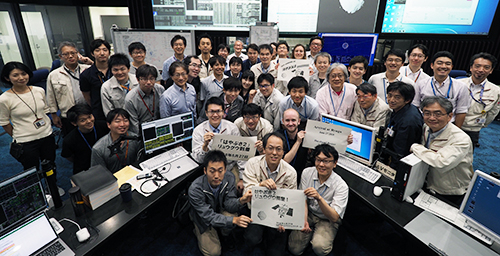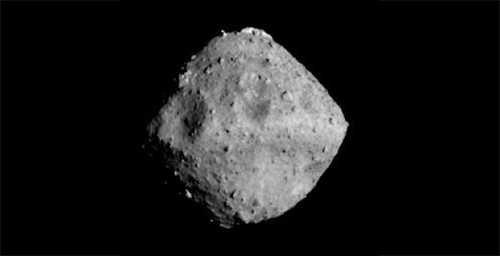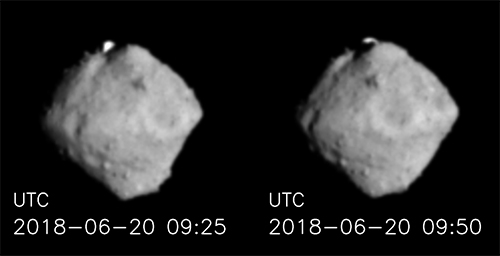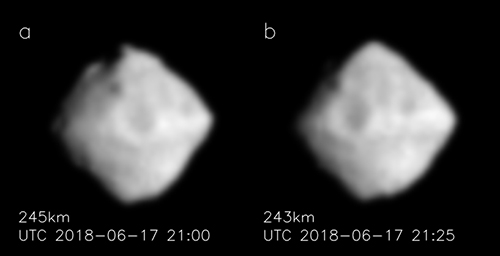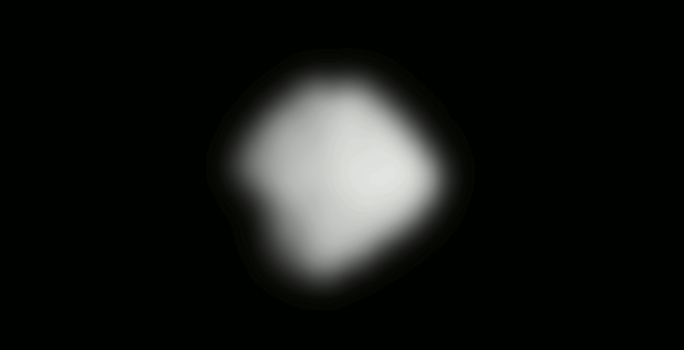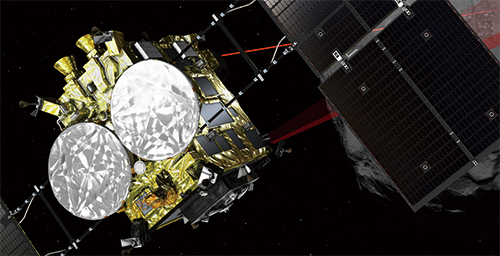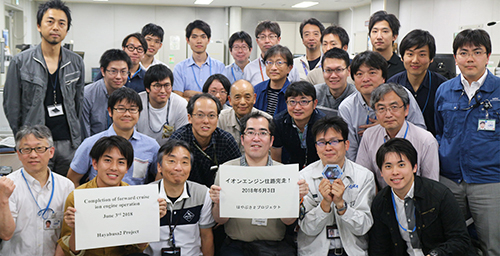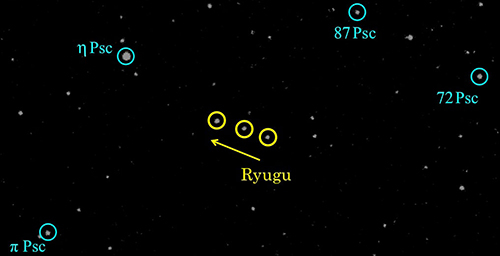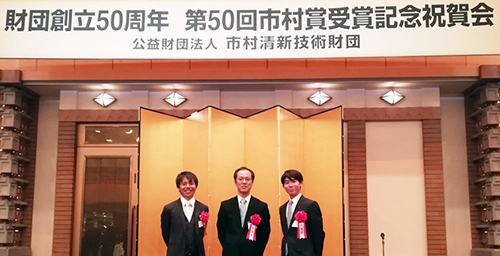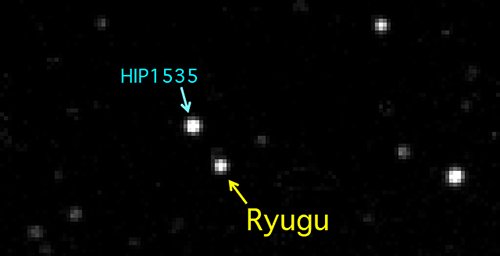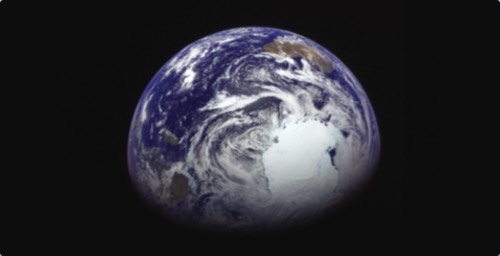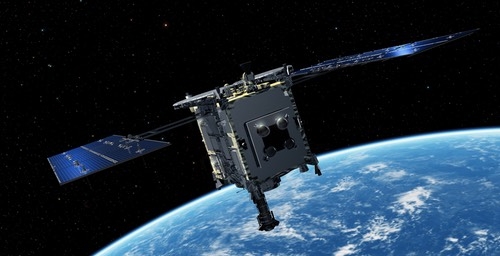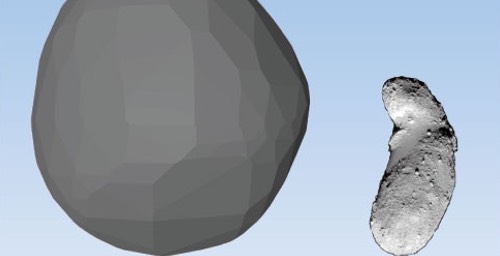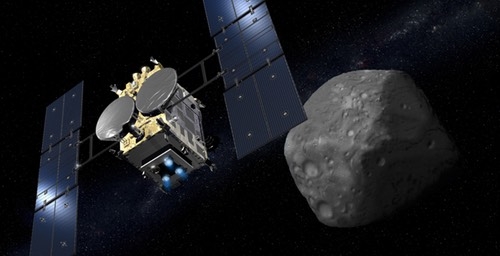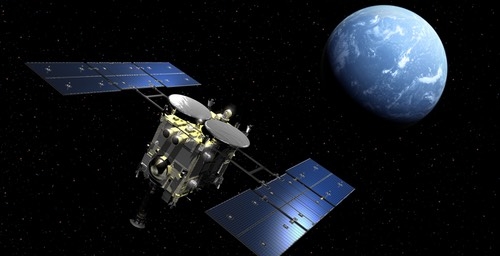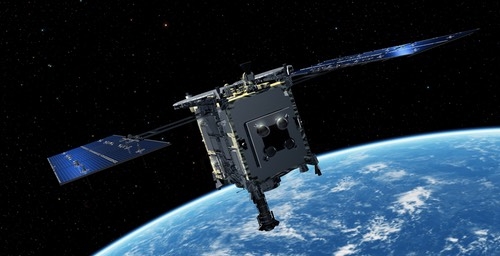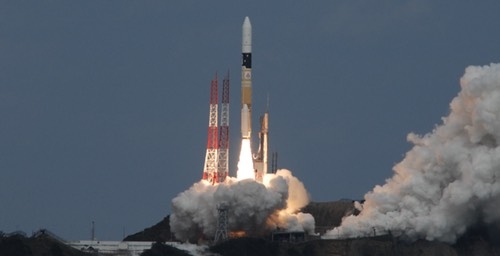40 scientific proposals have been accepted from research teams from around the world to analyse part of the sample returned from asteroid Ryugu by the Hayabusa2 mission.
The Hayabusa2 spacecraft returned the sample capsule containing material collected from the C-type asteroid Ryugu to Earth in December 2020. This was the first sample to be collected from this asteroid class, which was expected to be a primitive small body whose composition would provide a snapshot of the material that formed the early Solar System and the Earth.
In the following six months, an initial description of the sample was created at the specially designed curation facility at JAXA's Institute of Space and Astronautical Science. The Ryugu Sample Catalogue of the initial description was published by the Astromaterials Science Research Group the start of 2022.
Initial analysis of the sample by JAXA and collaborating universities began in June 2021. Recent results from this have discovered that the Ryugu sample contains material from before the formation of the Solar System, and yet also complex organic molecules including amino acids, which are required by life on Earth. The sample from Ryugu is therefore the most primitive natural sample available to humans, and it is hoped that further analysis will greatly increase our understanding of how the Solar System evolved and the development of habitability on Earth.
To maximise the scientific achievements from the Ryugu sample, an international Announcement of Opportunity (AO) was issued in December 2021 to solicit research proposals to study the sample from all over the world. Research teams were initially invited to submit a "Notice of Intent" before March 25, 2022, and follow this with a scientific proposal requesting grains from the sample for a planned analysis by April 22, 2022. Notices of Intent were received from 105 applicants from 19 countries, 57 of which submitted scientific proposals from 12 countries. The Ryugu Sample Research Open Call Committee (AO Panel[1]) discussed the submissions and selected 40 of the proposals, which were then approved by the Hayabusa2 Sample Allocation Committee (HSAC[2]) on June 13, 2022. The selected proposals were from nine countries, requesting 74 sample grains that total 230 mg of the Ryugu sample (total collected was 5.4g).
In addition to ensuring the best scientific study of the asteroid sample, the international AO aims to contribute to global developments in planetary science by providing sample grains to researchers around the world. It is anticipated that a total of four public calls will be held once every six months from the end of 2021.
[1] AO (Announcement of Opportunity) Panel: determines the selection for the research proposal themes, reviews the selection, deliberates and selects research proposals for adoption based on peer-review evaluation, and proposes the selected research proposals to the HSAC.
[2] Hayabusa2 Sample Allocation Committee (HSAC): Discusses and decides on the allocation policy for the Ryugu sample, selects the members of the AO panel. Established under the Astromaterials Science Research Group.
Hayabusa2 curation of the asteroid Ryugu sample at ISAS: single grain pick-up.

